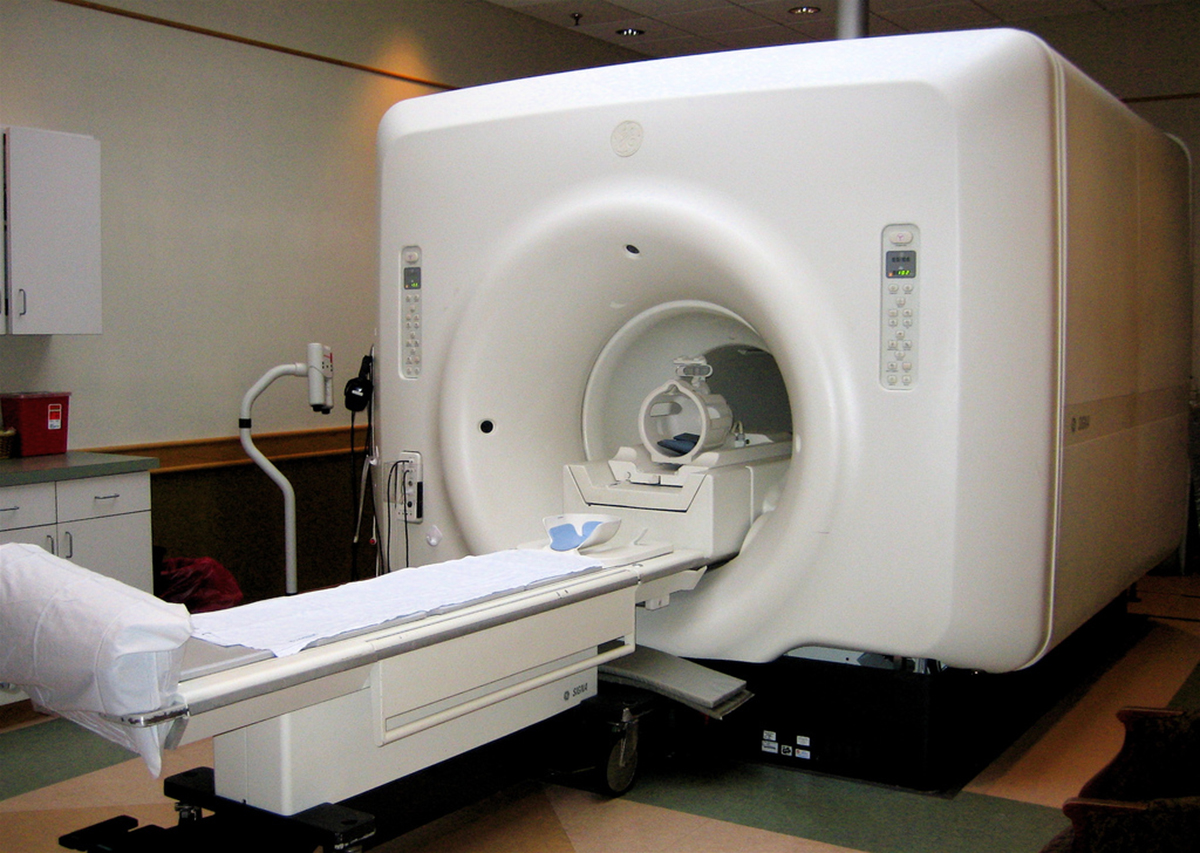Table of Contents
Chronic fatigue syndrome can cause many other symptoms, including orthostatic tachycardia (racing pulse when moving from a seated position to a standing position), heat intolerance, cold intolerance, and chronic digestive problems. The presence of chronic fatigue syndrome does not preclude also having fibromyalgia, irritable bowel syndrome, excessive joint flexibility, or chronic inflammation. Scientists no longer believe that chronic fatigue syndrome is triggered only by Epstein-Barr Virus infection; any of a number of viral infections may trigger an overactive immune system response that probably causes symptoms.

- MRIs of people who have chronic fatigue syndrome have found unusual thinning of white matter and unusual thickening of gray matter, as if "circuits were crossed." Only a few patients have been examined, not enough to establish a trend.
- People who have chronic fatigue syndrome are only twice as likely to test positive for the herpes-6 virus (HPV-6) as people who do not. However, only 2 percent of people who have chronic fatigue syndrome have the virus.
- About 80 percent of people who have chronic fatigue syndrome test positive for exposure to enteroviruses, compared to just 20 percent of the general population. However, over 95 precent of people who test positive for the virus do not have chronic fatigue syndrome, and 20 percent of people who do have chronic fatigue syndrome do not show signs of infection with the virus.
- People who have chronic fatigue syndrome are more likely to have antibodies for Epstein-Barr Virus, Ross River virus, or certain strains of herpes. No single virus, however, always accounts for the disease.
Scientists believe that chronic fatigue syndrome may be caused by any or all of a variety of infections, which affect not only the immune system but a variety of structures in the brain. For diagnosing the disease, however, this means that doctors have to go back to the established system of evaluating symptoms, not relying on a single set of laboratory tests.
What this means is that people who have this condition should not waste time on doctors who are unsympathetic to their condition. A survey of chronic fatigue sufferers found that 36 percent waited one to five years before they got the correct diagnosis. Another 21 percent waited five to ten years before they found a doctor who understood their disease. Another 12 percent of people who have chronic fatigue syndrome saw doctors for more than 10 years before they got the treatment they needed.
See Also: 6 Ways To Beat Tiredness
There is a single, simple way to determine whether you are likely to have chronic fatigue syndrome or some other chronic, debilitating disease. If you can point to a specific time your symptoms started, usually after you had a flu-like infection, you are more likely to have chronic fatigue syndrome than depression, migraine, rheumatoid arthritis, or a psychiatric condition.
- Jason LA, Brown A, Evans M, Sunnquist M, Newton JL. Contrasting chronic fatigue syndrome versus myalgic encephalomyelitis / chronic fatigue syndrome. Fatigue. 2013.1:168-183. http://www.ncbi.nlm.nih.gov/pmc/articles/PMC3728084/ Accessed 2 February 2015.
- Tucker ME. Chronic Fatigue Syndrome: Wrong Name, Real Illness. Medscape Rheumatology. 8 January 2015.Photo courtesy of Tim Pierce via Flickr: www.flickr.com/photos/qwrrty/13098080334
- Photo courtesy of Muffet via Flickr: www.flickr.com/photos/calliope/223220955
- http://www.medscape.com/viewarticle/837577 (Registration may be required.)
- www.mayoclinic.org/diseases-conditions/chronic-fatigue-syndrome/basics/definition/con-20022009


Your thoughts on this